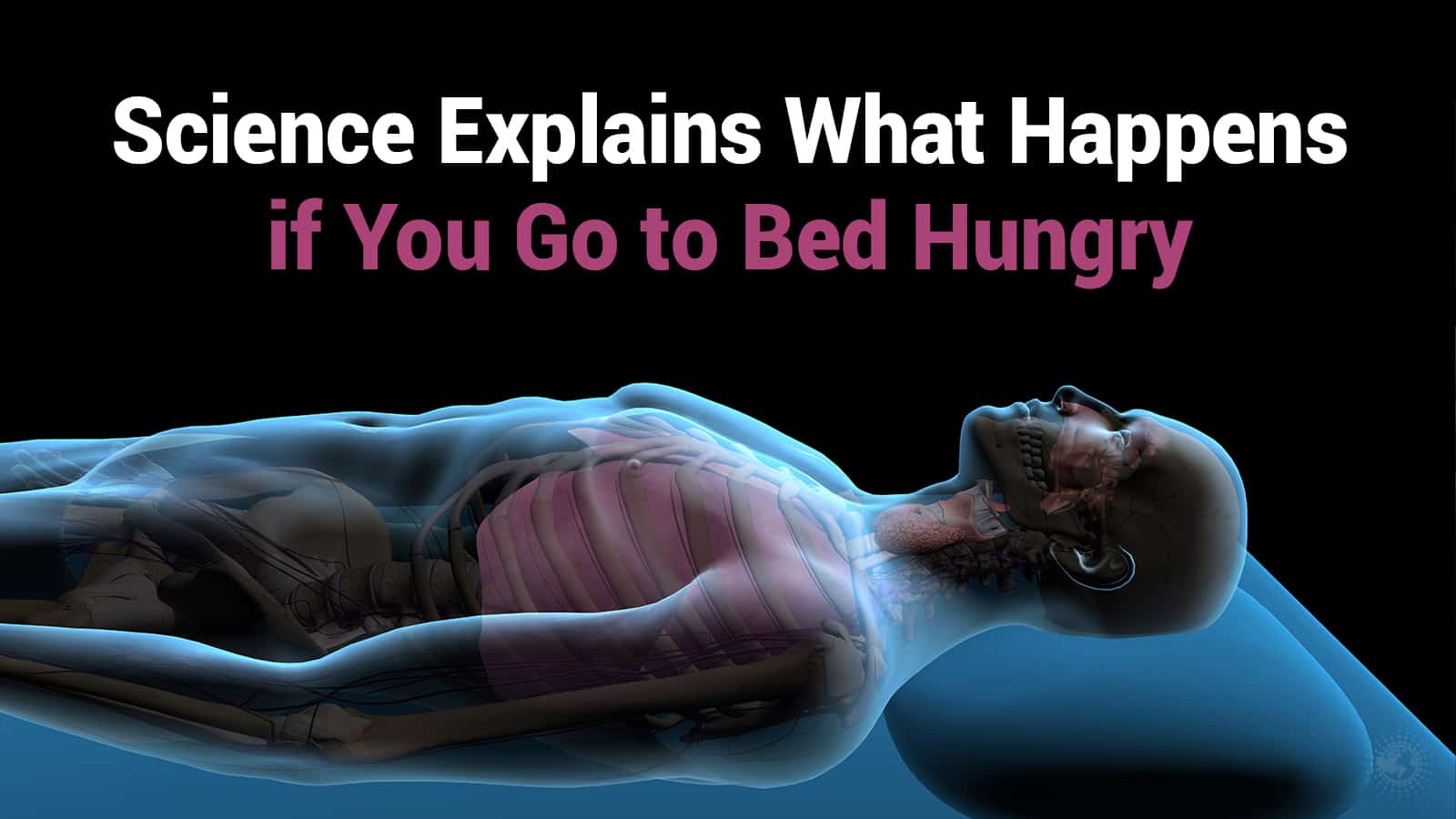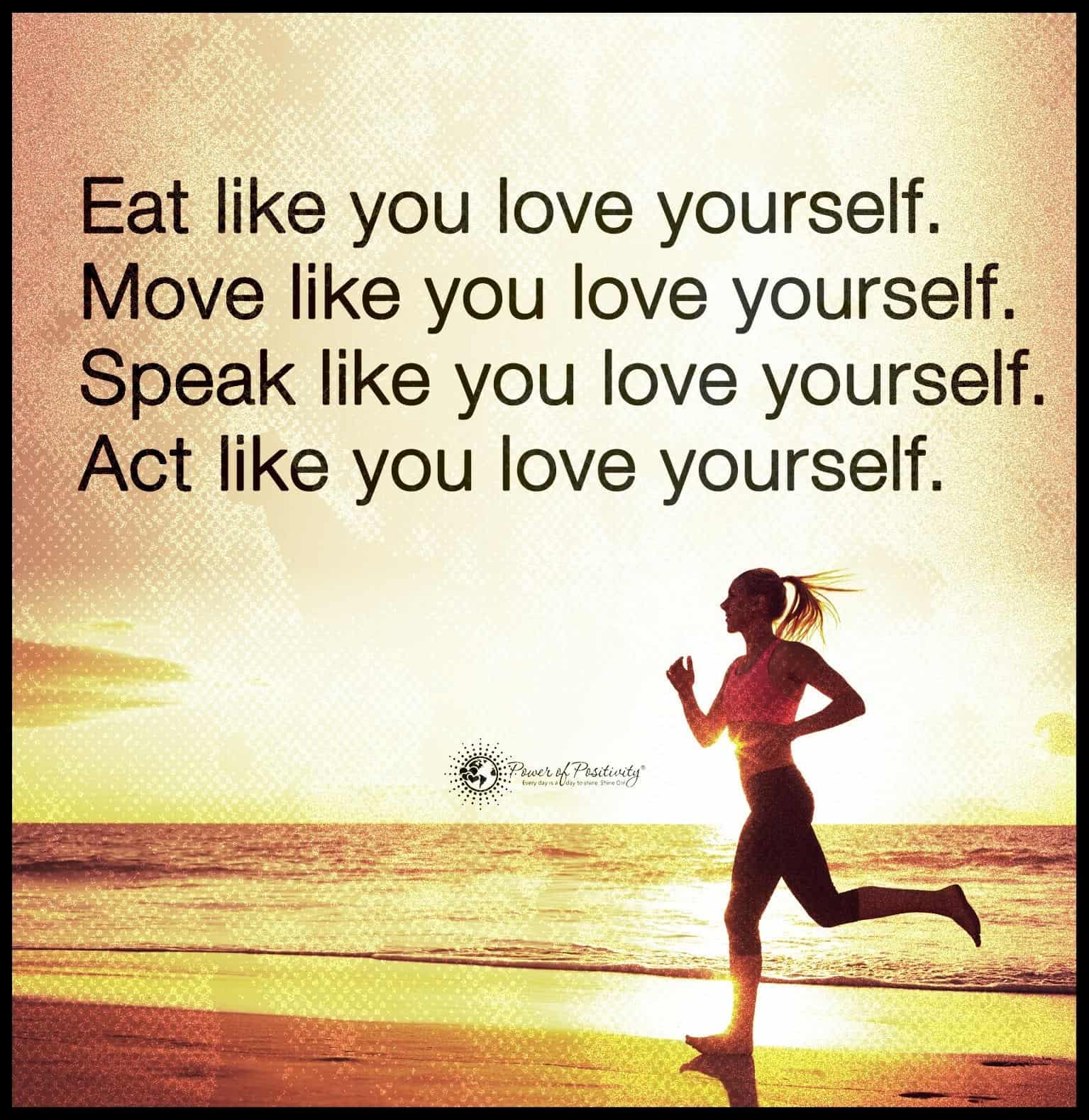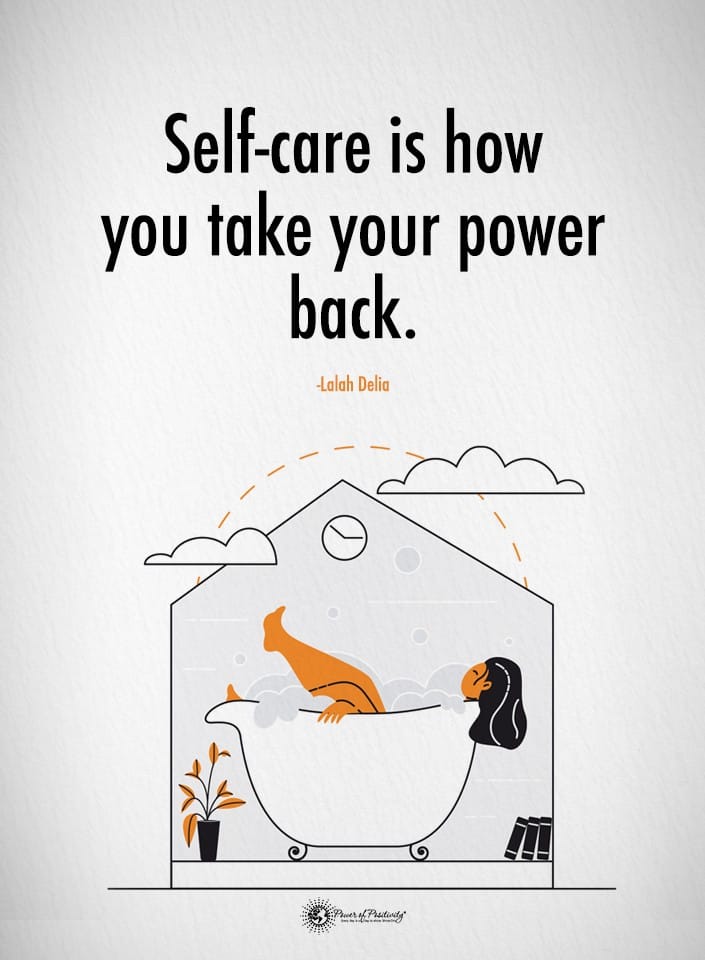You’re heading to bed, but your stomach tells you that the small salad you had for dinner didn’t cut it. You are really hungry. But bedtime eating is a big no-no, right? Maybe not.
Now we know the truth. Eating a nighttime snack before bed may not be as bad as previously thought. So, what happens when you go to bed hungry? Will you gain weight?
For many years, eating right before you went to bed was considered unhealthy. People avoided nighttime snacks for fear of gaining weight. But studies suggest quite the opposite. Instead of being harmful, eating a low-calorie protein-rich snack before bed benefits your muscles and metabolism, and you won’t gain weight.
A few things to keep in mind if you are hungry at bedtime.
Of course, knowing that it’s okay to eat a nighttime snack doesn’t mean you should overeat during the day. Eating the majority of your calories late at night will cause weight gain. Instead, during the day, consume a diet high rich in vegetables, fruits, nuts, seeds, healthy whole grains, and lean dairy. Add fish high in omega 3s such as salmon or tuna to your diet several times a week. Eat only a small amount of meat. Get plenty of exercise every day, such as walking, swimming, biking, or running.
A healthy lifestyle, along with eating a low calorie, protein-dense snack before bedtime, will improve your health and help you sleep better.
What happens if you go to bed hungry?
Now you know why you should eat a healthy snack before bedtime, but what happens if you go to bed with a growling stomach?1 – You won’t sleep as well
Being hungry makes it hard to fall asleep. Your brain is more alert when you’re hungry, so your body can’t relax. If you fall asleep, there is a good chance you’ll wake up a couple of hours later, even hungrier and wide awake with your brain on overdrive. The next day you’ll feel groggy and tired. It won’t be easy to do your job or schoolwork. Lack of sleep causes you to make mistakes and be less engaged in what you’re doing.
2 – You’ll eat more the next day
Feeling hungry during the night not only messes up your sleep cycle, but it also increases your appetite the next day. When you’re tired, you’re apt to eat more because your body is trying to increase your energy. This overeating causes you to gain weight. Some researchers found lack of sleep causes you to eat comfort foods high in sugar and fat. Plus, if you’re tired, you’ll drink more caffeine to stay awake during the day. Too much caffeine affects your ability to fall asleep. It’s a crazy cycle that can be avoided if you eat a small healthy snack at bedtime.
Some illnesses, such as hypothyroidism, can cause insomnia due to our blood sugar dips during the night. If you suffer from hypothyroid insomnia, try eating a low-calorie protein and carb snack of whole-grain crackers spread with a teaspoon of peanut butter to regulate your blood sugar during the night so you’ll be able to sleep.
3 – You’ll lose muscle mass
Your metabolism slows down at night. When you’re in a deep sleep, your body repairs and builds muscle by turning protein into muscle and repairing damaged tissue. If you go to bed hungry, your body won’t have the extra energy it needs to do this job, so you end up losing muscle mass as you sleep. While this is not a big deal if you do this on occasion, it becomes more of a threat if you make it a daily habit.
4 – You won’t have energy
You know what it’s like to have a sleepless night of tossing and turning. The next day you feel tired and listless. When you go to bed hungry, you’re apt to lose sleep, which in turn will cause you to feel exhausted and out of energy. Eating a light protein snack before bed helps you wake up feeling refreshed and full of energy.
5 – You’ll have lower insulin levels
Your insulin levels are maintained by eating regular healthy meals during the day. If you go to bed with an empty stomach, it causes your insulin levels to drop. Over time, you could develop hypoglycemia. Hypoglycemia causes low sugar levels or blood glucose levels. If left untreated, hypoglycemia will turn into diabetes. Your body uses glucose for energy.
Symptoms of hypoglycemia include the following:
- Shaky feeling
- Anxiousness
- Sweating or chills
- Impatience
- Confusion
- Irregular heartbeat
- Dizziness
- Nausea
- Hunger
- Weakness
If you are regularly experiencing these symptoms, talk to your doctor. They can give you tests to check your blood sugar levels. Some medications affect your blood sugar levels, causing you to be prone to becoming hypoglycemic or diabetic.
What should you eat if you are hungry at bedtime?
So, you know you should start eating a low-calorie, healthy snack before bed, but what should you eat? Here is a list of fourteen suggested bedtime snacks.
- Low-fat milk with a whole-grain cereal
- Scrambled eggs or boiled egg
- Peanut butter on whole-grain crackers (only one or two)
- Yogurt topped with granola.
- Apple slices dipped in peanut butter.
- Handful of walnuts, almonds, or cashews
- Protein smoothie
- Hummus on whole wheat pita bread
- Turkey sandwich on whole grain bread
- Grapes
- Fresh fruit
- Oatmeal
- Cheese and crackers
- Pumpkin seeds or sunflower seeds
What should you avoid eating before bedtime?
But eating high-fat or high-calorie snacks at night is never a good idea. Instead, choose low-calorie snacks around 100 to 150 calories at the most. Keep a good supply of low-fat, low-calorie snacks available, so when you raid the refrigerator at midnight looking for something to eat, you’ll have healthy choices.
Avoid high sugar snacks that will make your blood sugar fluctuate during the night. Stay away from spicy food since these foods can cause heartburn, which can interrupt your good night’s sleep. Here’s a list of the worst bedtime snacks.
Chocolate
Chocolate candy bars, snack bars, or cookies are high in sugar, which causes your blood sugar to fluctuate during the night and waking you up. Besides, chocolate contains caffeine, which might keep you awake.
Cheeseburger and fries
A cheeseburger and fries may sound delicious at midnight, but it will come back to bite you. Eating high-fat foods late at night causes heartburn and insomnia. These eating a diet of high in fatty foods will cause weight gain, heart disease, and high blood pressure. So, resist the call of that cheeseburger and fries when you’re hungry at night.
Pizza
Pizza is a classic late-night snack, but it’s not a good bedtime snack. High in fat, salt, and acid, pizza can cause heartburn. Most doctors suggest that you eat your biggest meal at breakfast or lunchtime, not late at night. Eating pizza late at night will pack on the pounds, so avoid it.
Pasta
Eating a big bowl of pasta is the ultimate night time comfort food. Unfortunately, it’s high in carbohydrates, which causes your blood sugar to spike and your body to store fat. Go ahead, eat your pasta at lunchtime, but skip it late at night.
Spicy foods
Eating chips and salsa may sound like a yummy snack, but eating hot peppers late at night is a sure way to cause insomnia and heartburn and possibly lots of trips to the bathroom in the middle of the night.
Sugary drinks
Avoid drinking juice, soda, or sweet coffee at night. Sugar and caffeine will keep you awake. Sweets at night can spike your blood sugar. If you’re craving something sweet, try eating frozen grapes or some cherry juice with natural melatonin.
Final thoughts on not going to bed hungry
You always thought that going to bed hungry would help you lose weight, but it’s not true. If you’re hungry before bed, eat a small snack. It only makes sense. There’s nothing worse than waking with in the middle of the night with a grumbling tummy.
When you’re raiding the fridge for your nighttime snack, reach for a healthy, low-fat protein snack. Avoid fatty, sugary foods, even if you’re craving them. They will not only cause your blood sugar to rise but cause weight gain. Feeling hungry at bedtime? No problem. Just let common sense rule when you choose your late-night healthy snack.
















 Community
Community

